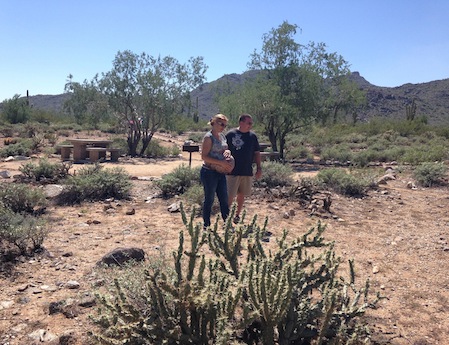NYC TV Week: Unscripted Suppliers Try to Unclog the Pipeline

The smarter way to stay on top of broadcasting and cable industry. Sign up below
You are now subscribed
Your newsletter sign-up was successful
A pedigreed quintet of unscripted experts (execs, producers and an agent) closed Wednesday's opening slate of Content Show panels with a provocative discussion of the challenges in the once-high-flying sector.
They tackled everything from copycat shows to the importance of network brand to, disarmingly, their biggest disasters.
Scott Lonker, alternative TV packaging agent at CAA, said the overall growth of cable audiences over the past several years has lured many networks into programming areas outside of their traditional core. That in turn led to a lot of overlap among channels.
"The problem is that everybody's been playing in each other's sandbox," he said. "All of a sudden, if you pitched a show to A&E you could pitch it to seven or eight other networks. Now it's all coming back around. Everything will be more defined and you won't see as much derivative programming."
Benjamin Ringe, senior VP of development and executive producer of Peacock Productions, best known for its blockbuster Nik Wallenda live specials on Discovery, asserted that "inauthentic is going away." He cited the ratings drop between Wallenda's Grand Canyon walk and his subsequent outing in Chicago. "We went too far and put a blindfold on him and didn't do nearly as well. It felt too produced."
Docu-soaps, while not as much of a sure thing lately, remain viable, panelists agreed. Lonker cited last summer's ratings, which found Love & Hip-Hop and Teen Mom, both soaps, to be top shows.
Marie Nelson, VP of news and public affairs at PBS, conceded that the pubcaster struggles to resist the urge to try more sensational docu-soaps instead of its traditional bread and butter, shows like the recent three-part Frontline on the Pan-Am bombing over Lockerbie, Scotland.
The smarter way to stay on top of broadcasting and cable industry. Sign up below
"There's increasing appetite for" more straight documentary fare like The Jinx on HBO, "but it's incredibly expensive and you have to demonstrate that folks are going to support the work." Underwriters on PBS, she added, are sometimes seduced by splashier programs that are less bran-muffin docs and more character-oriented, giving them more commercial breakout potential.
Moderator Steven Weinstock, a veteran producer and copresident and CEO of True Entertainment and Original Media, stirred up the conversation by asking panelists what shows they were involved with that they thought would work but did not.
All five panelists shared anecdotes, often drawing laughs. "I saw an early screening of Duck Dynasty and I remember telling them, 'Good luck with that!'" Lonker said.
Marc Juris, president and GM of WE tv, admitted passing on Duck and also recalled an ill-fated effort on Court TV co-branded with website The Smoking Gun, which was essentially legal cases recounted with puppets. It drew a minuscule audience of fewer than 100,000 when it aired, but years later popped up on Adult Swim and did a 1.0 rating, he said.
Kimberly Chessler Itskowitch, VP of non-fiction programming at Lifetime, admitted passing three times on an early pitch from the Kardashian family when she was at Oxygen. More recently, a "big bet" at Lifetime, Born in the Wild (about mothers having babies in remote places) proved a "complete rejection." Concept, not execution, was the issue, she said. "The problem is, it's not a very relatable experience and not one that most women would aspire to."
